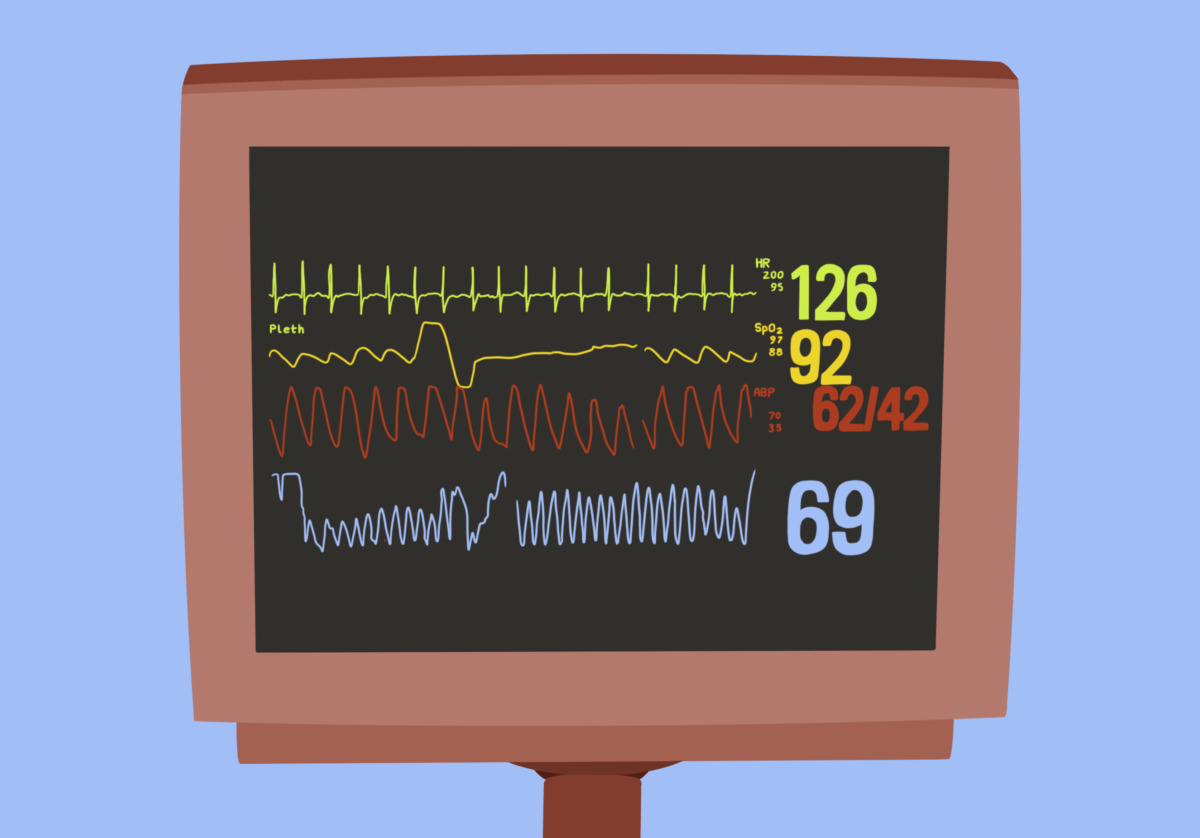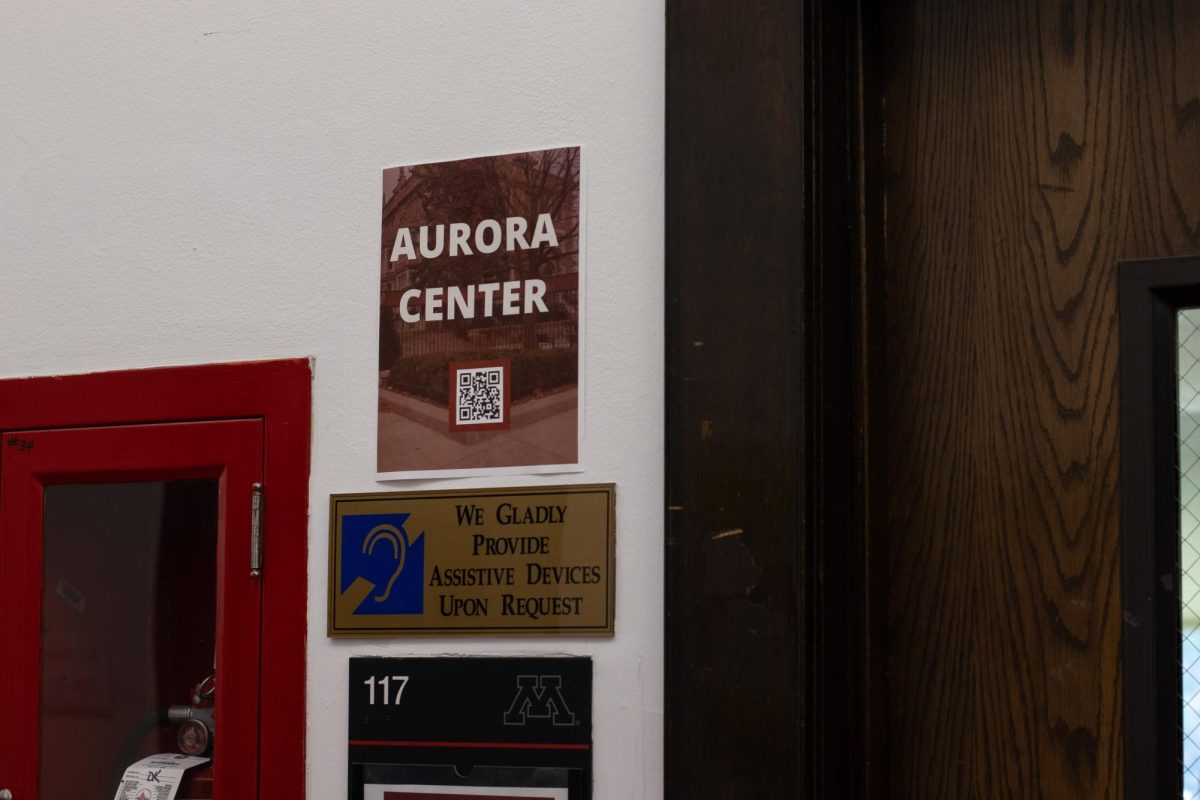Imagine being told you only have six months to live. On top of that, you are told by your doctors your last six months will be filled with pain and suffering. They assure you they can keep your body alive, but at what cost?
Medical aid in dying is a medical practice that allows terminally ill, mentally competent adults to request a prescription from their doctor they can self-ingest to die peacefully. Medical aid in dying is a highly contested topic in the bioethics sphere, making it difficult to have a strong opinion without the proper education to back it up.
That being said, it doesn’t have to be an exclusive and polarizing subject.
Medical aid in dying grants autonomy and compassion to individuals in their final stages, enhances end-of-life care and costs states almost nothing to implement.
Despite concerns about the potential abuse of assisted-death legislation, numerous measures are implemented to protect the vulnerable and prevent exploitation. A patient can change their mind at any time and the attending physician must offer them a chance to rescind their request.
There are also safeguards for physicians who feel that this practice isn’t something that fits with their morals. Physicians can opt out of providing that care, but that shouldn’t be the end of the conversation. Patients deserve the same rights over their care, including the right to die on their own terms.
“Sometimes the easiest way to know what’s right or wrong is whether or not it fits in with a particularly meaningful story,” said Joel Wu, clinical ethics assistant professor at the University of Minnesota’s Center for Bioethics. “The idea is that our lives are our stories, and we want to be able to write our stories on our terms. That should include the ending – I get a terminal diagnosis, [and] it would be really tragic for me to lose control of my story. Especially if it’s the last chapter.”
When a person is given a terminal diagnosis but somehow lives longer than the expected time, people are quick to point out the miracle. It is rare for people to ponder how that extension affected a person as a whole, not just their body. Medical practices can be intrusive and draining. Forcing someone to endure when they want to leave on their own terms can be cruel in its own right.
Switzerland was the first country to legalize assisted-death medical care, with only 10 other countries following suit. In the United States, there are 10 states (plus the District Of Columbia) where medical aid in dying is legal.
Medical aid in dying is not a new concept, but it isn’t popular either. While these changes can be seen as a sign of progress, they have seen pushback in recent years. Some disability groups in California felt the End-of-Life Option Act discriminated against them, which led the groups to sue. The plaintiffs in the lawsuit felt they were being steered in a certain direction rather than getting their actual issues addressed.
Seeing this system being abused is a scary thought. Though there is potential for malpractice, with the right safeguards, those problems could be avoided while still offering a path free of suffering.
Minnesota lawmakers introduced bills in 2015 in both the Senate and the House that would implement compassionate care for terminally ill patients for the first time. The bill received a discussion-only hearing with the bill sponsor, Senator Chris Eaton (DFL), who eventually withdrew the bill from consideration due to insufficient legislative support.
The most recent state bill addressing medical aid in dying, the End-of-Life Option Act, was proposed in 2023 in the Senate with a companion bill in the House. The act was referred to the Health and Human Services Committee by the Senate and to the Health Finance and Policy Committee by the House. While each committee is expected to conduct a report, chances are they never will and the bill will die in the process.
There is still time to get involved, and this bill is worth fighting for. Everyone deserves to have power and control of their own body. While the discussion is multi-faceted, it boils down to allowing a person to have a choice. It’s not possible for everyone to agree with each other, but it is possible to allow someone to maintain medical autonomy, even if you disagree with it.














Bradley Williams
Jun 23, 2023 at 4:00 pm
Premature forced deaths are neither peaceful or rapid. All of the legalized assisted suicide laws create the perfect crime by prohibiting investigations, allowing heirs to facilitate the event, requiring falsification of death certificates and the omission of the requirement for a witness to the so called self administration of the poison…this is an easy to defend position…or you could just say “move along. There is nothing to see here.”…